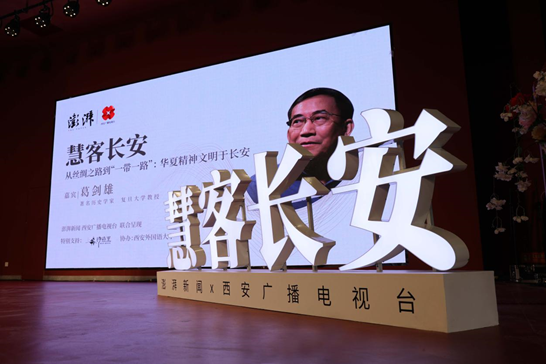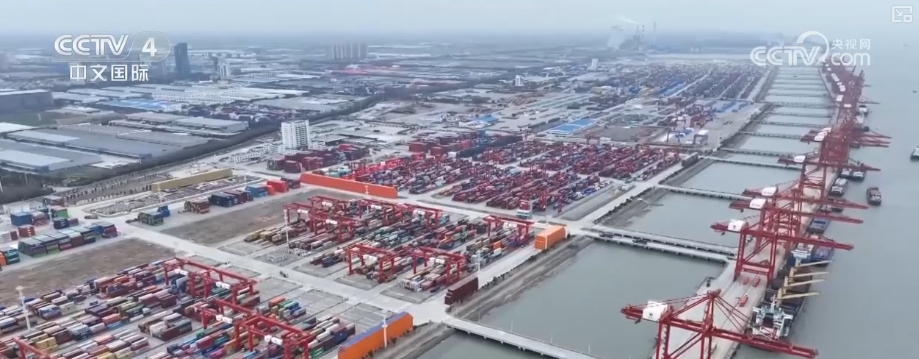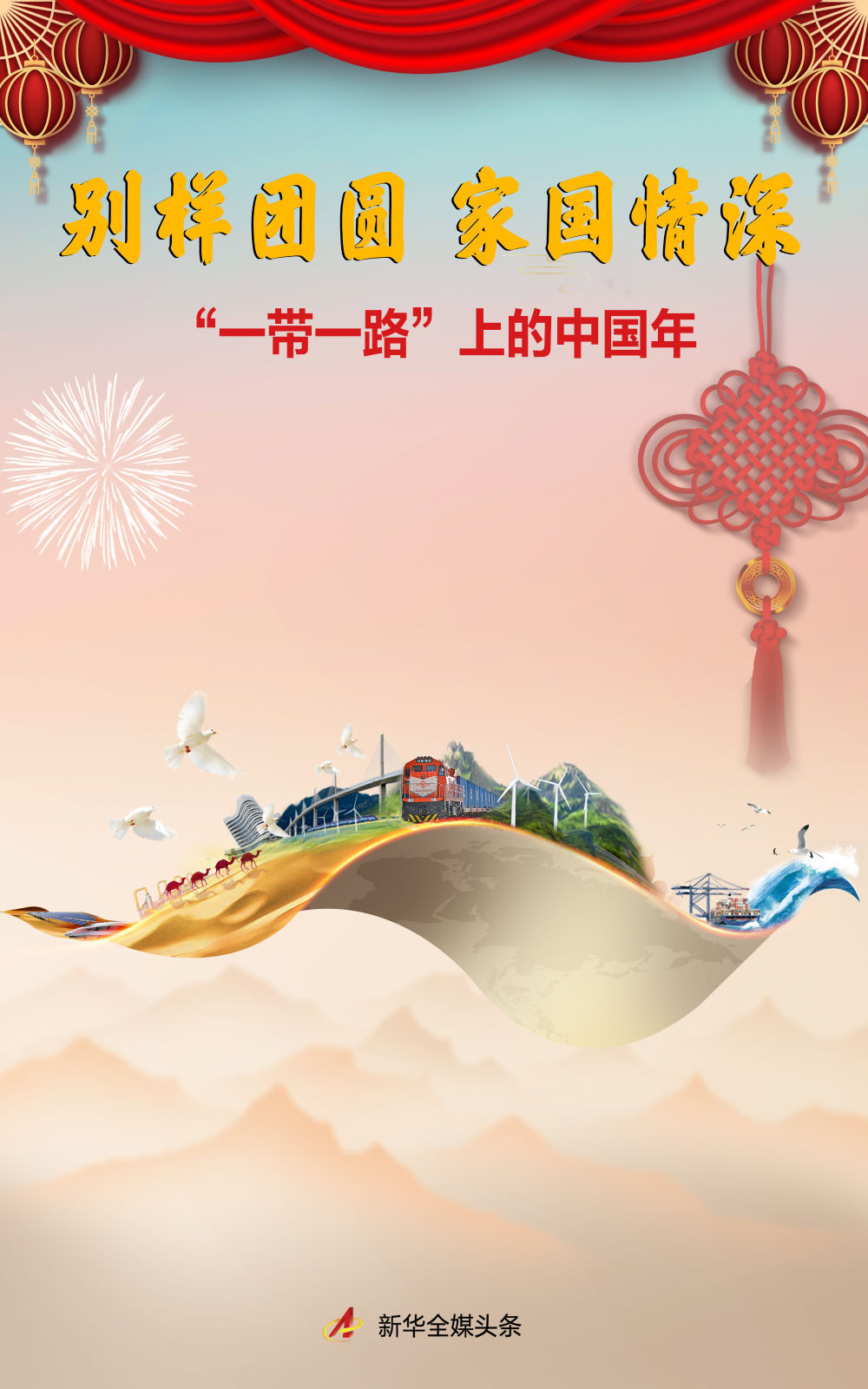The List Of Guests At The 93rd Military Parade Reflects China's Future Diplomatic Trends
The List Of Guests At The 93rd Military Parade Reflects China's Future Diplomatic Trends
Observer.com News Community, hot current affairs, expert comments, and netizens comments, all at your fingertips
Xinhua News Agency announced the list of guests for the 93rd military parade. Putin from Russia and Kim Jong-un from North Korea are coming. This is something that everyone on earth knows. But there are more interesting things about the guest list.
26 The heads of state and government were invited to attend:
Russian President Putin, General Secretary of the Workers' Party of Korea and Chairman of the State Council Kim Jong-un, King Sihamoni of Cambodia, Liang Qiang, President of Vietnam, General Secretary of the Central Committee of the Lao People's Revolutionary Party and President Tunglun, Indonesian President Prabowo, Malaysian Prime Minister Anwar, Mongolian President Hurissuk, Pakistani Prime Minister Shabaz, Nepal Prime Minister Oli, Maldives President Muiz, Kazakh President Tokayev, Uzbekistan President Mirziyoyev, Tajik Stanish President Rahmon, Kyrgyz President Zaparov, Turkmenistan President Sheldar Berdemuhamedov, Belarusian President Lukashenko, Azerbaijan President Aliyev, Armenian Prime Minister Pashniyan, Iranian President Pezekichiyan, Congo (Brazzet) President Sasu, Zimbabwean President Mnangagwa, Serbian President Vucic, Slovak Prime Minister Fitz, First Secretary of the Central Committee of the Communist Party of Cuba Dias Kaner, and Acting President of Myanmar Min Aung Hlaing.
The Speaker and Deputy Prime Minister of the Government include: South Korean Parliament President Yu Yuanzhi, Speaker of the East Timor National Assembly Fernanda, President of Venezuela Rodriguez, Vice Prime Minister Yan Jinyong, Special Envoy of Egyptian President and Deputy Prime Minister Vazir, Chairman of the Bulgarian Socialist Party and Deputy Prime Minister Dafirov.
High-level representatives include: Amorin, Chief Special Advisor of the Brazilian President, Gao Wang, representative of the Brazilian government and Brazilian ambassador to China, Lauriano, representative of the government and presidential adviser to Lauriano, representative of the Hungarian government and Minister of Foreign Affairs and Foreign Economics, Hazaimi, commander of the Royal Armed Forces of Brunei, Rahman, representative of the interim government of Bangladesh and national security adviser, Rabbiga, Minister of the Old Warriors of Algeria, and Dostaer, member of the European Parliament.
The heads of international organizations include: Li Junhua, Deputy Secretary-General of the United Nations, Qu Dongyu, Director-General of the Food and Agriculture Organization of the United Nations, Rosev, President of the New Development Bank, Jin Liqun, President of the Asian Infrastructure Investment Bank, Yermekbayev, Secretary-General of the Shanghai Cooperation Organization, Sharshev, Director of the Executive Committee of the Shanghai Cooperation Organization Regional Counter-terrorism Agency, Sarebai, Secretary-General of the Asian Conference on Cooperation and Confidence Measures, Lebedev, Secretary-General of the Federation of Independent States, Tasmagambetov, Secretary-General of the Collective Security Treaty Organization, and Sakintayev, Director of the Executive Committee of the Eurasian Economic Commission.
Former political leaders include: former Japanese Prime Minister Yukio Hatoyama, former Swiss Federal President and Finance Minister Maurer, former Belgian Prime Minister Letem, former Greek Prime Minister Papandreou, former Italian Prime Minister Dalema, former Romanian Prime Minister Nestasse and Dencile, former New Zealand Prime Minister Clark and John Kee, former Australian Foreign Minister Carl, and former Australian Victorian Governor Andrews.
Here, ASEAN has:
Cambodia, Vietnam, Laos, Indonesia (SCO and 93 are absent due to domestic political unrest, and China expresses its understanding), Malaysia, Myanmar; there are also Singapore's Deputy Prime Minister and Brunei Armed Forces Commander. Thailand's absence may be because the political situation is in turmoil, so it is really inconvenient to send people; the Philippines may not have invited them at all.
SCO has:
Pakistan, Kazakhstan, Uzbekistan, Tajikistan, Kyrgyzstan, and Turkmenistan are included in observer countries, as well as Belarus, Mongolia, and Iran, which are included in partner countries, and Nepal, Azerbaijan and Armenia are also included. The only member is India absent, and the reason is self-evident. Modi seems to have turned around and left after attending the SCO summit. India still refuses to stand up for China. As a member of Quad, it is also a bit of a twist in participating in the anti-Japanese victory commemoration. The reason for the absence of Afghanistan in observer countries is very clear, and the Taliban is really unable to support the wall. Türkiye and Sri Lanka are absent from their partner countries. China and Türkiye have always had an ambiguous relationship. It is okay if they don’t come or not. Sri Lanka seems to have a political unstable situation and is under strong pressure from India. It’s better not to come.
Bangladesh and Maldives are not members of the SCO and are under strong pressure from India like Sri Lanka, but the Maldives president has arrived and Bangladesh has sent a national security adviser.
Interestingly, Turkmenistan has been maverick for a long time, emphasized neutrality, refused to join the SCO, and was not close to China, and has come this time. This seems to be a rare unified action by the five Central Asian countries.
East Asia has:
The Korean Speaker came, but the President did not. He plays a balance between China, the United States and Japan and does not want to overstimulate either side. As a power in the separation of powers, the speaker can also represent the country, but in China, the president is more representative of the country. In South Korea, it’s over to be able to send the speaker. If the president comes on his own, there is no need to talk to the United States and Japan. Li Zaiming still can't take this step.
No one came to Japan. It's very natural. The Nine-Three is to commemorate the victory of the anti-Japanese war. What are the current Japanese politicians who are here to apologize and plead guilty?
Europe has:
Belarus, Serbia, Slovakia. Hungary sent a foreign minister to come, probably not wanting to stimulate the EU too much. What’s fun is that the Bulgarian Deputy Prime Minister is here, which one is the one to play?
Africa has:
Just passed (Brazza), Zimbabwe; there is also the Egyptian Deputy Prime Minister and the old Algerian Warrior Minister.
America has:
Cuba. This is probably the fact that few Cuban leaders went abroad to attend the ceremony. Brazil sent a presidential adviser, probably dissatisfied with the boss not going to the BRICS summit. The Venezuelan Speaker and Nicaragua's presidential adviser are here, which will be a stimulus for the United States.
Only the former political leaders in the West have come. Yukio Hatoyama sincerely apologized for Japan's invasion of China. It was popular in China, so it was natural to be invited. Unfortunately, his bow was after the Prime Minister stepped down. If he was in office, many historical issues may no longer be problems.
The former prime ministers of Greece, Italy, Australia, New Zealand and Romania are here to make a fuss.
Russia and North Korea are in a separate line.
China and Russia have experienced "no caps" until the Ukrainian War, which has been full of twists and turns. After going around in circles, China-Russia relations are now based on a much broader and deeper foundation. Whether it is politics or economy and trade, it is multi-dimensional and there is no longer the fragility of "one prosper and one prosper and one loss". China-Russia relations will not go smoothly, and both countries will not change with interests first, but the current relationship is based on the interweaving of long-term interests. On this issue, it is wise for China to refuse to intertwin short-term interests. If China supports Russia in the Ukrainian War more substantively, it will have obvious short-term interests, but such a relationship will also have obvious timeliness. China will make a long-term decision and will not engage in short-term transactions. Putin and Russia also understood this and accepted it.
The same is true for North Korea. On the one hand, China refuses to focus on short-term issues, and on the other hand, it insists on China's interests, neither being led by the United States and South Korea nor being led by North Korea. When China is not strong enough, such an independent strategy is at risk of being abandoned by both ends, but China is not afraid because China's rise is long-term, stable and irreversible. "You guys" must eventually find me. Look, Kim Jong-un is here again.
Interestingly, at the 93rd military parade, four leaders who were particularly unwelcome to the West were present:
Putin, Kim Jong-un, Diaz Carnell (Cuba) and Min Aung Hlaing.
I don’t know what interaction they will have, but it’s a huge mockery of Pax together on occasions that the world pays attention to. Their bilateral meeting with Chinese leaders is affirmative.
The problems between the West and Putin are self-evident, but the diplomatic isolation of Putin has begun to thaw, even though he is still a "public enemy" in Europe.
It is not known whether there will be interaction between Kim Jong-un and the South Korean Speaker. If Lee Jae-ming is there, it will be embarrassing and it will not work without interaction. This is also the highlight of his breakthrough in diplomatic isolation. He seems to have never attended any international event?
Min Aung Hlaing is a key figure on the Myanmar issue. With him, the pro-Western Burmese democrats will not have a chance to make a comeback. The Myanmar democrats tend to move into armed struggle, but they seem to be unable to become popular. China and Myanmar have many border security issues to be discussed, and it is a good thing that Min Aung Hlaing can come. It is also a good thing for Min Aung Hlaing to come to China. He is also a diplomatic isolation for him for a long time. At least at the public relations level, he has broken through his diplomatic isolation. Can he meet with the visiting ASEAN leaders? have no idea. The stage is set up, and if you don’t sing, you will watch the opera troupe.
Diaz Canel is the new face, but Cuba is the old problem. Cuba's reform is difficult and urgently needs Chinese support. But China still has the same old rules, and does not spend money, but teaches fishing. To reform, the key is to stand up and walk. Diaz Canel is the second generation after the Castro brothers. He asked him to come to China to see the wind of reform and China is willing to provide blowers.
To a small extent, China's message to Venezuela and Nicaragua is the same: China is friendly to you, not to poach the United States' crook, so don't expect China to spend money on geostrategic positions. China's starting and ending point are common prosperity.
In addition to these stimulating Western levels, it is obvious that China's diplomatic and economic and trade focus will shift to the Belt and Road Initiative. These ASEAN leaders not only come to Beijing to support them, but also come to Beijing to attract investment. Laos has nothing to say, but Vietnam, Indonesia and Malaysia have always been eager to welcome investment in China but refuse to do so. It is best to keep the money and not bring the impact. China reminds them with its solid rise: Whether it is investing or not, China's influence cannot be avoided, and it is better to embrace Chinese investment.
The five Central Asian countries gather together in Beijing: China is not pulling you away from Russia, but China does not recognize its exclusive sphere of influence. China only seeks common development. If you don’t want to make money with me, then I will look for your neighbors. It’s not too late to come to me after you figure it out. China does not engage in threatening reputations. China gives time and choices, and speaks with attraction.
And Mongolia. Mongolia doesn’t know if it’s clear: no matter which direction it is, it’s impossible to get around China with just one step. In theory, it is Russia to move to the north, but in the unwilling "Sinicization" of the Russian Far East, it will wither wither without relying on China, and its doubts about China's collection and payment of its homeland can only be replaced by more realistic survival considerations. Is there any choice in Mongolia? The difference between China and Russia on the two sides of Heilongjiang is already shocking. Inner Mongolia is still a border-poor area in China and is developing rapidly. It will spread its development to Mongolia as soon as it works hard. Mongolia can only seize the opportunity, not be stupid.
India is India, and no one has any sects. Brazil also sent relatively low-level representatives. South Africa in BRICS also did not send anyone. South Africa really has little to do with the anti-Japanese war, and China's enthusiasm for BRICS is also being replaced by its enthusiasm for the global South (especially ASEAN and SCO). After all, China focuses on common development, which depends on the potential and fate of common development. It takes a long time to rebuild trust between China and India, and there are many solid achievements. There is no rush, and in fact, there is no big expectation.
Brazil is different, but the same. Brazilians are enthusiastic and impulsive, and Brazil's political situation is also violently shaking. No one can say whether Lula will be Bolsonaro 2.0 in the future, and it is better not to shave your head and pick it up. BRICS was not China's idea at all. With India, there are also unreliable Brazil and unspeakable South Africa, China is still far from near, and it is better to start from ASEAN and SCO.
There was once a time when China's Ministry of Foreign Affairs was largely the "Ministry of Foreign Affairs", and Li Zhaoxing, Yang Jiechi and Qin Gang all served as foreign ministers after becoming ambassadors to the United States. Now turn. The United States is still important, Europe, Japan, South Korea and Australia are both important, but the global South is even more important.
In fact, from a geostrategic perspective, if the countries represented by the heads of state participating were dyed on the map, it was a coherent McKinley World Island. From the Bering Sea to the Black Sea, from the Arctic Ocean to the Indian Ocean, there were only a few gaps such as Thailand, India, and Afghanistan, among which only India was the real gap. Not only is hesitant to the West, but hesitant to India. This is off-topic.
Maybe one day, the five-year 93rd military parade will become a summit venue, which will look better than the G20 and have more influence than the United Nations.
Disclaimer





